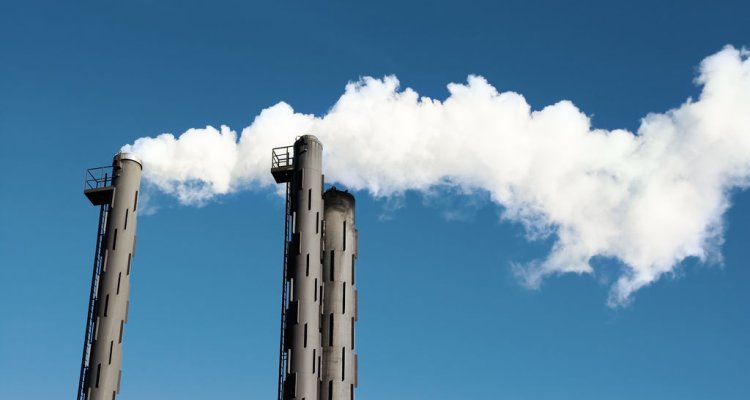
Working with the fossil fuel industry
Wageningen University & Research (WUR) collaborates with many partners from all over the world to achieve our mission. These partners include governments, research and education institutes, private businesses and non-governmental agencies. In some cases, WUR collaborates with partners that are under scrutiny for contributing to unhealthy behaviour of climate change, for example, businesses in the fossil industry.
We acknowledge that research projects that collaborate with the fossil industry may give rise to questions and dilemmas. A broad-based call to cease partnerships with the fossil industry has emerged through discussions, protests, occupations and heated debates. WUR organised a series of so-called Let’s Explore dialogue sessions for employees and students in the spring of 2023 to explore this issue.
The Executive Board decided that additional rules would be implemented for collaboration with the fossil industry. WUR feels the need, desire and urgency to make keen and transparent decisions in working with partners that have a negative impact on climate change. At the same time, we are aware of the dilemmas this decision harbours. The choices must fit in with our broader perspective on collaboration, based on our mission and strategic goals, to contribute our expertise to necessary global transitions as detailed in our ‘Finding Answers Together’.
1. Why does WUR collaborate with the fossil industry in some instances?
We face significant global challenges: a sustainable energy supply, sustainable food production and consumption, restoring biodiversity, urbanisation and climate change. WUR is currently among the world’s leading scientific institutes in the domains of agriculture, food and environment. We contribute to a sustainable society through the knowledge we share, the solutions we develop and through education and collaboration.
We sense a need, desire and urgency to make more astute choices in the domain of climate change. The dialogue sessions we held on this topic have provided us with input for our considerations. And time is of the essence. At the same time, a simple, one-dimensional answer is not available, and we need everyone on board to fight climate change. We value being able to assess partnerships in a substantiated, reproducible manner. To this end, we will create an additional decision-making framework in the coming months to add to the already existing rules on partnerships.
2. How do we collaborate?
All our joint research is tested against national and proprietary codes of conduct, policies and guidelines on scientific neutrality, intellectual property, protection of personal data, sharing of research data and publications and ethical standards.
In the fall of 2023, an additional decision-making framework will be added, through which not only the project but also the prospective partner will be assessed on their contribution to the required global transitions.
3. What are the internal guidelines for collaboration?
In short, collaborative projects must align with our strategic plan, may not be used for greenwashing, must comply with our guidelines on scientific integrity, human rights, knowledge safety, intellectual property and open science, and must positively impact the SDGs. The rules for partnership are honed with the decision taken by the Executive Board on 6 July 2023 through the addition of criteria to assess the genuine contribution the prospective partner makes to the necessary global transitions (as detailed in our Strategic Plan).
The executive board considers the existing project-based WUR principles of collaboration to be an adequate framework for decision making for projects with partners outside the fossil industry.